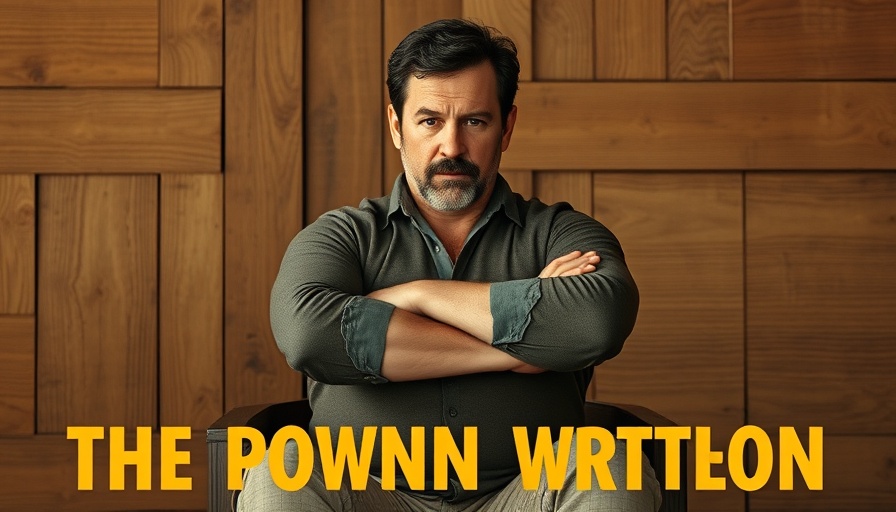
Rediscovering Manhood: The Classical Code Revisited
What does it mean to be a man in today's world? This timeless question has evolved throughout history, and Waller Newell's concept of the 'Classical Code of Manhood' re-engages with debates that span centuries. Newell, a political science professor, argues that embracing an ancient vision of virtus—meaning strength, valor, and masculinity—can help modern men rediscover the essence of their identity.
Embracing the Classical Code
According to Newell, the 'Classical Code of Manhood' is rooted in five essential virtues drawn from the ancients, underscoring a return to valued principles long lost in contemporary society. These virtues include courage, resilience, responsibility, integrity, and loyalty. Today's men—especially those aged 35-55, professionals who are often bogged down by modern pressures— can benefit from evaluating their lives through this lens.
Contemporary Crisis of Masculinity
As seen in recent discussions surrounding the nature of masculinity in shows like the Art of Manliness Podcast, many young men feel lost amidst a culture that frequently depreciates masculine qualities. Despite the material comforts of our day, studies show that men increasingly grapple with feelings of inadequacy and disconnection, echoing the ‘toxic masculinity’ narrative. Holmquist’s article on classical virtues aligns with this, questioning why young boys today often equate masculinity solely with physical attributes or cultural stereotypes.
The Path to Eudaimonia: Fulfillment Through Virtue
The ancient Greeks understood that true fulfillment comes not through comfort alone, but through struggle and virtue. The pursuit of eudaimonia—the idea of flourishing through virtue—can serve as a stabilizing force for men seeking purpose. Modern lifestyles that often prioritize instant gratification over hard-earned success can lead to disenchantment and complacency, overshadowing the virtues Newell champions.
Actionable Insights for Today’s Men
To create meaningful change in their lives, men should consider stepping back to reflect on the virtues of courage and resilience. Engaging in activities that foster camaraderie, like team sports or fraternity groups, can enhance social bonds that many men lack in the present day. Additionally, practical skills, such as basic home-repair knowledge and fitness training, cultivate a sense of self-reliance that many may overlook.
Creating a Supportive Network
Building an honor group, as discussed in various manhood resources, establishes a circle of accountability that helps men to develop and uphold the classical virtues. This aligns with Newell's discussions on how honor and reputation can provide motivation for men to live up to the standards of masculinity.
The Role of Family
At the heart of this classical code also lies the importance of family. Strong familial ties cultivate a supportive environment where these virtues can be instilled in future generations. Engaging with children—teaching them the value of hard work and the principles of virtue—is a legacy that significantly contributes to both personal growth and societal betterment.
Conclusion: A Call to Action
For men today, fully embracing the classical code may require a conscious effort to build strength, navigate life’s challenges, and foster meaningful relationships. Whether through physical pursuits, mentorship, or community involvement, the ancient path laid out by Newell and others urges us to cultivate a robust and resilient manhood. Reflecting on these teachings can serve as a guide for modern men wrestling with identity and purpose in our complex world.
 Add Row
Add Row  Add
Add 




Write A Comment